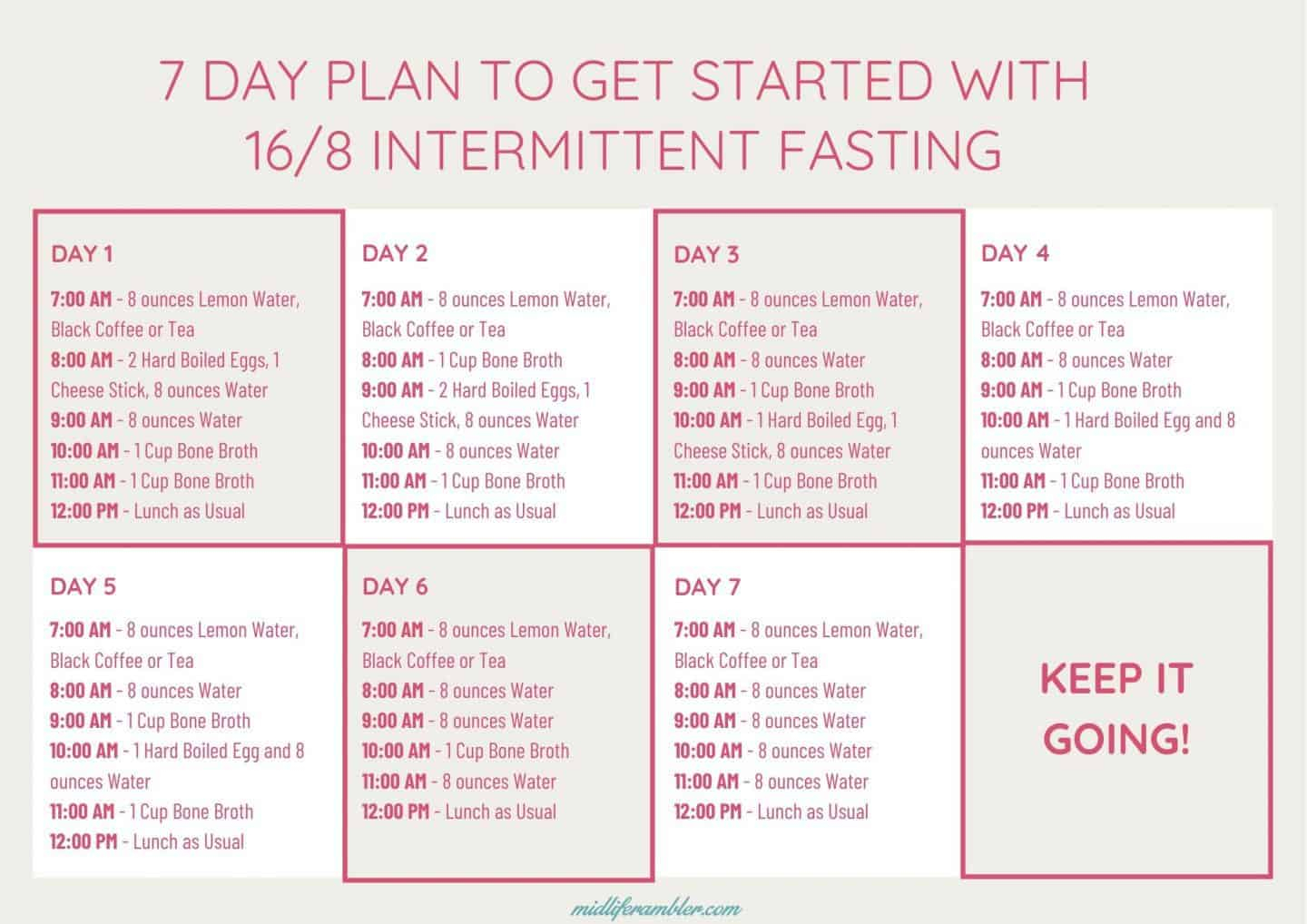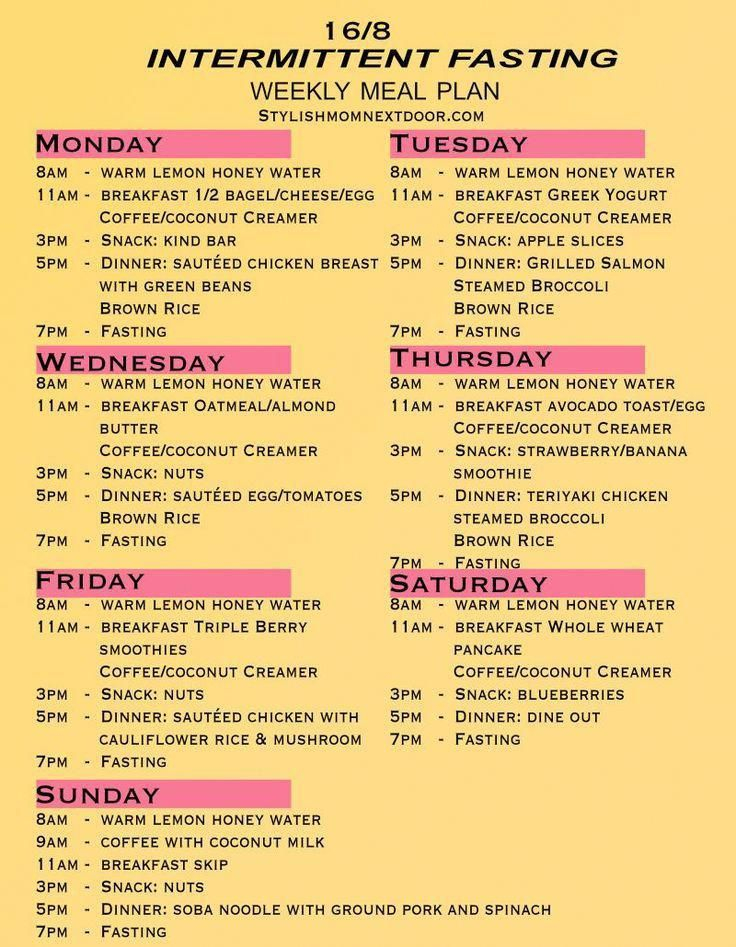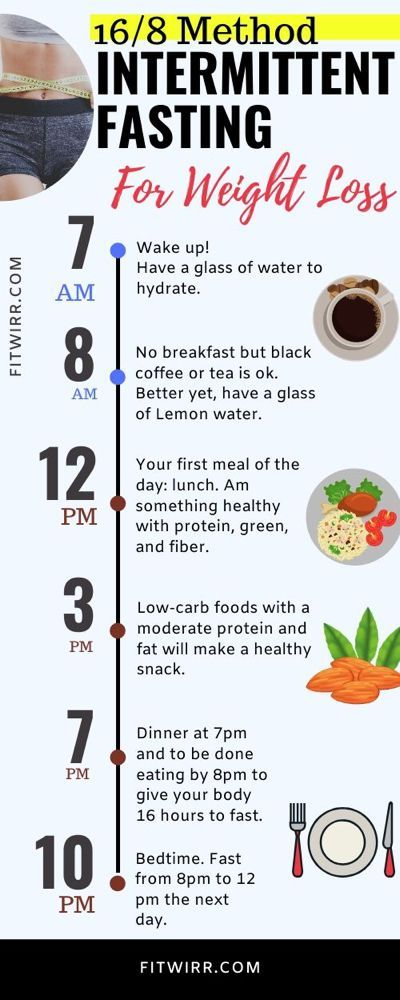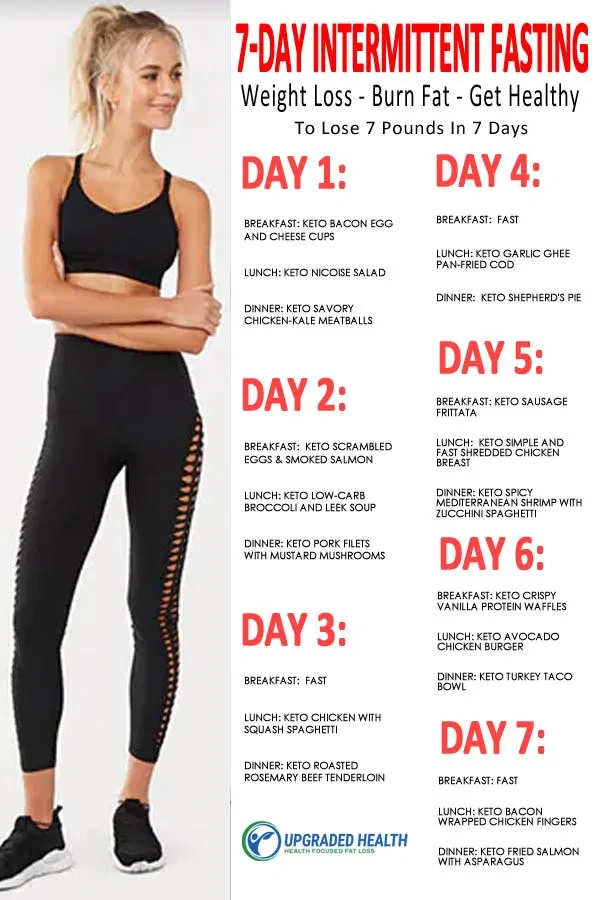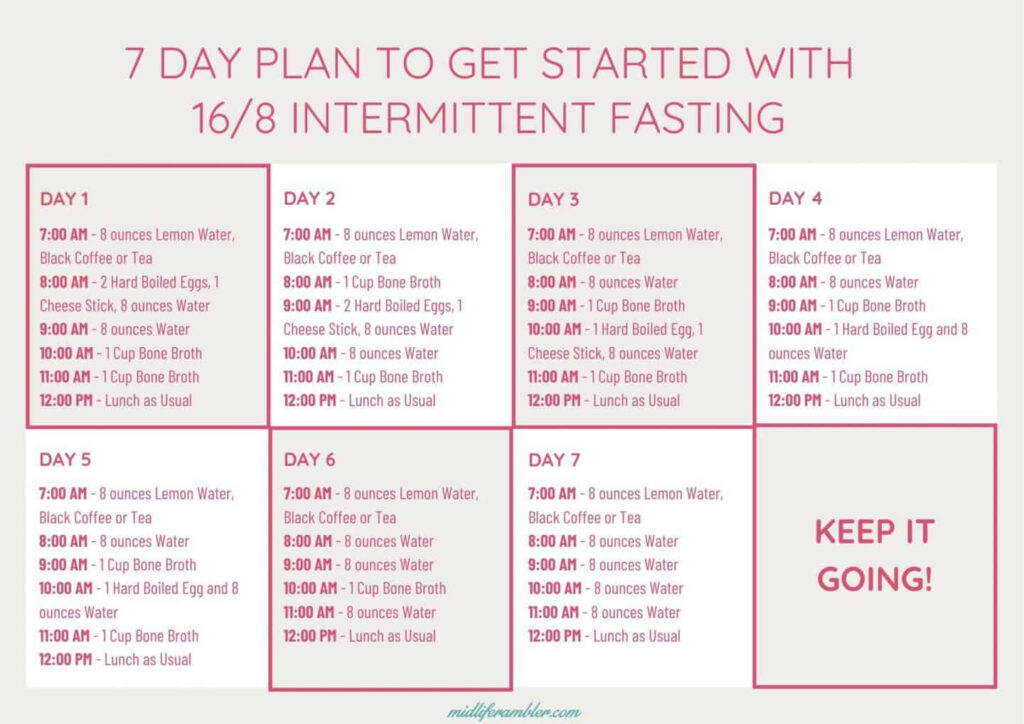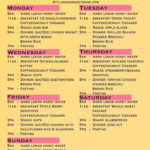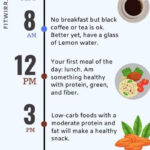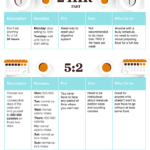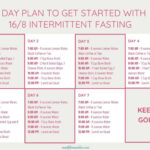Intermittent Fasting Plan For Over 60 has gotten significant appeal as a dietary strategy for weight-loss, boosted metabolic health and wellness, and possibly boosted long life. Unlike standard diets that concentrate on what to consume, intermittent fasting is everything about when you consume. This guide will certainly discover different techniques of intermittent fasting, its benefits, just how to start, what to consume, and pointers for success.
Types of Intermittent Fasting Plan For Over 60
The 16/8 Method
The 16/8 method includes fasting for 16 hours every day and consuming all your dishes within an 8-hour home window. For instance, you could consume between midday and 8 p.m., after that fast till twelve noon the following day. This approach is preferred as a result of its simplicity and sustainability.
The 5:2 Diet
In the 5:2 diet, you eat usually for five days of the week and restrict your calorie consumption to 500-600 calories on the other 2 days. This permits considerable calorie decrease without constant restriction.
The Eat-Stop-Eat Method
The Eat-Stop-Eat approach includes fasting for 24 hours one or two times a week. For instance, you could fast from supper one day to dinner the next day. This approach can be difficult yet efficient for weight management.
Alternate-Day Fasting
As the name suggests, alternate-day fasting includes fasting every other day. On fasting days, some people consume no food whatsoever, while others eat a percentage (around 500 calories).
The Warrior Diet
The Warrior Diet entails consuming percentages of raw fruits and vegetables during the day and having one large meal during the night. This method mimics the eating patterns of old warriors and highlights natural, unprocessed foods.
Spontaneous Meal Skipping
For those who prefer a less organized strategy, spontaneous meal missing entails missing meals when practical. If you’re not starving or also busy to eat, you just skip a meal and allow your body to fast.
Exactly How to Start Intermittent Fasting Plan For Over 60
Picking the Right Method
Consider your way of life, timetable, and goals when picking Intermittent Fasting Plan For Over 60 approach. Beginning with a technique that seems workable and adjust as needed.
Setting Realistic Goals
Establish achievable and quantifiable objectives. Whether it’s reducing weight, boosting metabolic health and wellness, or boosting power levels, clear objectives will assist you stay motivated.
Preparing Your Body
Shift slowly into intermittent fasting. Begin with much shorter fasting periods and gradually boost the period as your body adapts. Listen to your body and adjust accordingly.
What to Eat During Eating Windows
Balanced Meals
Concentrate on nutrient-dense foods throughout your consuming home windows. Include a balance of protein, healthy and balanced fats, and fiber-rich carbs. Instances include lean meats, fish, eggs, veggies, fruits, nuts, seeds, and entire grains.
Foods to Avoid
Limit refined foods, sugary snacks, and beverages. These can create energy spikes and collisions, making it more difficult to stick to your fasting routine.
Hydration
Stay moisturized by drinking plenty of water. Various other acceptable beverages consist of herbal teas and black coffee. Hydration is important for maintaining power degrees and overall wellness.
Taking Care Of Hunger and Cravings
Remaining Busy
Participate in activities to distract yourself from appetite. Physical activities, pastimes, and social interactions can maintain your mind off food.
Consuming alcohol Water
Drinking water can assist manage cravings. Occasionally, thirst is misinterpreted for cravings, so remaining hydrated can minimize unnecessary snacking.
Eating High-Fiber Foods
Eat high-fiber foods throughout your eating windows to help you really feel complete longer. Foods like veggies, fruits, legumes, and whole grains are superb selections.
Conscious Eating
Practice mindful eating to improve meal fulfillment. Focus on the flavors, structures, and aromas of your food. This can help avoid overindulging and boost your total relationship with food.
Advantages and Potential Side Effects of Intermittent Fasting Plan For Over 60
Health and wellness Benefits
Intermittent Fasting Plan For Over 60 uses several health and wellness benefits, consisting of weight loss, boosted insulin level of sensitivity, and boosted brain feature. It can likewise promote cellular repair processes and lower inflammation.
Potential Side Effects
While intermittent fasting can be valuable, it might cause initial appetite, impatience, and possible nutrient deficiencies. To mitigate these negative effects, ensure your diet is balanced and listen to your body’s needs.
Tips for Intermittent Fasting Plan For Over 60 Success
Uniformity
Consistency is crucial to the success of intermittent fasting. Adhere to your selected plan and make it a part of your everyday routine.
Tracking Progress
Usage journals or apps to monitor your progression. Tracking your fasting times, dishes, and physical adjustments can aid you remain determined and make necessary changes.
Support System
Involve with areas or discover a fasting buddy. Sharing experiences and ideas with others can offer encouragement and liability.
Typical Myths and Misconceptions
Hunger Mode
Intermittent Fasting Plan For Over 60 is usually confused with hunger. Unlike hunger, intermittent fasting is managed and planned, with the goal of enhancing wellness and body make-up.
Muscle Loss
Issues about muscle loss prevail, but with appropriate nourishment and stamina training, intermittent fasting can help preserve muscle mass while advertising weight loss.
Missing Breakfast
The myth that morning meal is one of the most important meal of the day is unmasked by intermittent fasting. It’s even more about when you consume as opposed to adhering to typical meal times.
That Should Avoid Intermittent Fasting Plan For Over 60?
Medical Conditions
Individuals with certain clinical problems, such as diabetic issues or consuming disorders, must consult a medical care professional prior to beginning intermittent fasting.
Pregnant and Breastfeeding Women
Fasting might not appropriate for expectant or breastfeeding ladies, as they need constant nutrition for their wellness and the health and wellness of their child.
Individuals with High Physical Activity Levels
Professional athletes or those with high physical activity levels must carefully consider their energy demands and may need a changed fasting technique.
Final thought
Intermittent fasting uses a versatile and reliable technique to enhancing wellness and accomplishing fat burning objectives. By selecting the right approach, concentrating on well balanced dishes, and remaining consistent, you can efficiently include intermittent fasting right into your way of life. Keep in mind to listen to your body and readjust your plan as required.
Latest Meal Plan for Intermittent Fasting Plan For Over 60
Additional Resources
Publications and Articles
- “The Complete Guide to Fasting” by Dr. Jason Fung
- “Fast. Feast. Repeat.” by Gin Stephens
Apps and Tools
- No (fasting tracker app)
- MyFitnessPal (meal and calorie tracking app)
Community Support
- Online discussion forums and social networks groups, such as Reddit’s r/intermittentfasting and Facebook teams committed to fasting.
